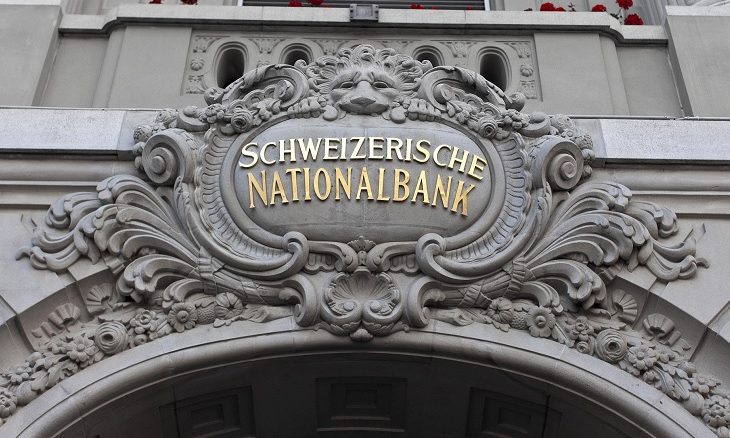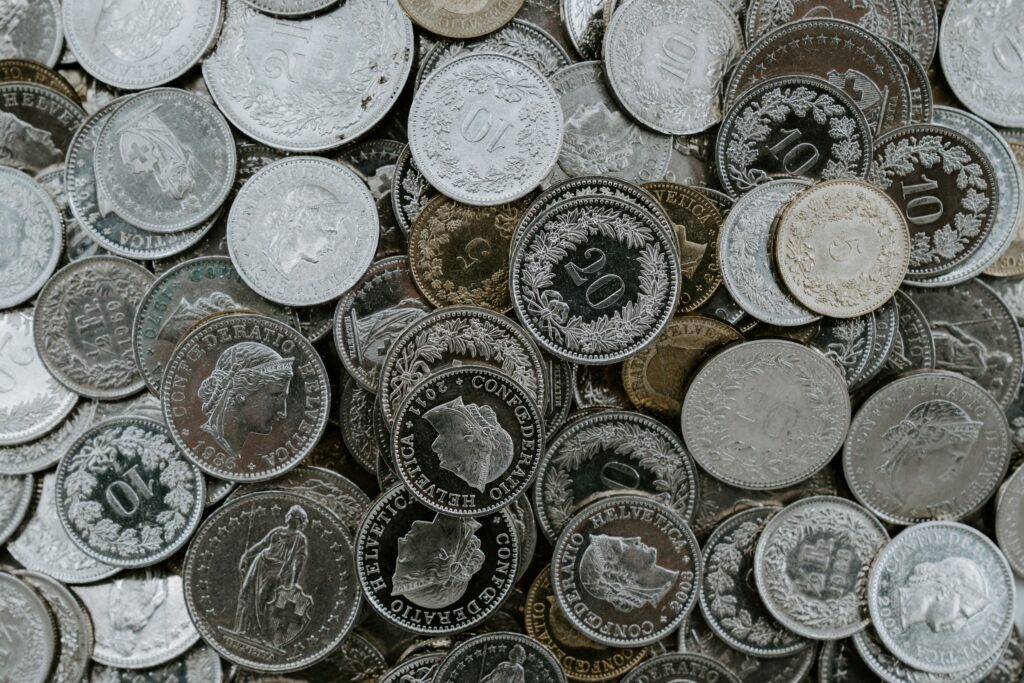Thu, Feb 2nd 2023

By many metrics, Swiss eggs are now the most expensive in the world at 6.18 CHF a dozen.
People around the world continue to struggle with skyrocketing inflation rates affecting everything from egg prices to heating their homes. And while many nations are seeing historically high inflation rates, Switzerland has managed to keep it to a minimum. That is, for now.
In 2022, the U.S. experienced a staggering 8% inflation hike, the U.K. exceeded 10%, while most of Europe ranged between 5% to 10%. Switzerland has not been immune to rising inflation rates; still, the overall consumer price index in the alpine country has fared better, with a moderate overall inflation rate of 3.5 percent since the beginning of last year.
Prices for energy, housing, groceries, and essential consumer goods have all increased, which has significantly impacted Swiss households and, in turn, has drastically altered consumer spending habits. According to a French-speaking association, FRC, these recent price hikes are just the beginning and indicate a further rise is on the horizon in the coming months, reported Switzerland’s public radio station RTS.

While Switzerland has managed to avoid an energy shortage this winter, residents in some cantons are paying more than ever before.
Energy is the most substantial driver of Swiss inflation, where prices have soared an astonishing 28% against 38% in the eurozone. Subsequently, purchases of petrol dropped 10% – 15% in Switzerland. This figure reflects either lower consumption or an increase in the number of consumers filling up their tanks across the border – in France, Germany, or Italy – where governments have lowered fuel taxes to combat the increased fuel costs.
Grocery prices for essential food items such as pasta, cooking oil, milk, and eggs have increased by 10%. In 2020, each Swiss household spent, on average, CHF 535 per month, compared to CHF 586 per month by the end of 2022. As such, the average share of income spent on groceries increased from 5.5% to 6% during this period, according to the Federal Statistical Office (OFS). Moreover, heating oil prices have doubled, and gas has spiked by roughly 60%. (Interestingly enough, the Swiss spent more on Christmas gifts in 2022 than ever before).
Another significant price hike impacting Swiss residents is compulsory health insurance. Health insurance premiums are projected to rise between 5% and 10% in 2023, alone.
In the past 12 months, the strength of the Swiss franc has impeded the local rise in prices of imported goods and services. However, central banks overseas have increased interest rates relative to Swiss rates, putting pressure on the Swiss franc and weakening it by 2.5% against the Euro. What does this mean exactly? It means more expensive imports due to a weaker Swiss franc.

The SNB, the Bank of England, the European Central Bank and U.S. Federal Reserve all raised rates in tandem in December.
Global supply chain delays due to extended lockdowns in China – related to the Covid-19 health crisis – and shifts in labor shortages, demand, and structural factors, coupled with the strong recovery in global demand following the pandemic, have caused commodity and energy prices to spike globally. Moreover, Russia’s prolonged war in Ukraine has upended the geopolitical landscape, profoundly impacting global energy markets.
The effects of the almost year-long war have sent energy prices skyrocketing worldwide, especially in Europe. According to the Household Energy Price Index, electricity costs increased 70% during the first six months of the war, and heating gas bills roughly doubled across the EU. This upward trend is a global phenomenon that will keep inflation relatively high by current Swiss standards over the coming months.
However, upward pressures are less exposed to international fluctuations in Switzerland because of the alpine country’s limited dependence on fossil fuels for electricity generation. This is due to a regulated market where a percentage of the pricing is fixed in advance, and Alpine dams produce part of the renewable, hydropower. To this end, inflation will likely remain moderate in the broader European context.
The consumer price inflation has been relatively steady, holding at 3% as of November but still surpassed the Swiss National Bank’s zero-to-two percent target range for ten consecutive months, data showed as of late November. The Swiss National Bank (SNB) hiked rates twice last year to combat inflationary pressure. Furthermore, hours after the U.S. Federal Reserve reduced its pace of interest rate hikes, the Bank of England, the European Central Bank, and the SNB all increased interest rates by half a percent on December 15, 2022, the highest since January 2009.
Moreover, the central banks have grown uneasy about increased prices trickling into their economies. Service-related businesses (such as hotels, airlines, and restaurants) set higher prices, along with food price hikes and wage increases. The European Central Bank predicted that core inflation (which does not include volatile items like food and energy prices) would be above 4% in 2024 and hover around 2% in 2025.
Global economic growth will continue to be sluggish this year, and inflation will continue to be elevated above the central banks’ targets in several countries. But the SNB expects inflation to stabilize at a more moderate level as countries around the world constrict their monetary policies.

Pensioners and low-income households are struggling to make ends meet when groceries and energy costs 3.5% more overnight.
Many countries in the eurozone have enacted emergency measures to combat soaring prices. For example, discounts on rent, fuel, and energy price caps, along with subsidies, tax deductions, and vouchers, have been implemented. For instance, in Germany, the government has provided vouchers to spend on transport and energy, while in France, salaries and pensions are being re-evaluated to compensate for rising prices.
In Switzerland, salaries are higher on average than in other European countries. Therefore, the percentage of monthly income spent on energy and food is lower for Swiss consumers than in the eurozone. However, low-income households and consumers who spend more of their budget on energy are disproportionately burdened by inflation. Overnight, some consumers’ income is reduced by up to 3.5 percent as they use a larger share of products whose prices have soared the most.
What is the Swiss Federal Council doing to alleviate the monetary pressures of inflation? To date, it has rejected all proposed measures, such as tax relief, adjusting pensions, temporary energy allowances for vulnerable households, federal subsidies for health insurance premiums, and other federal vouchers, because parliamentarians believe that the measures are too broad in scope and could be prohibitively costly in the long run. Moreover, the Swiss government believes that the current inflation in the alpine country is bearable as unemployment is at a historical low (at 2%) while economic growth continues albeit steadily.
Adjusting salary expectations and companies’ acknowledgment of surging inflation illustrates that it will be challenging to reduce inflation and that stricter monetary policy may be on the horizon in Europe. Right now, the central banks’ priority should be price stability, but it is still unclear whether a recession is looming or has already dawned.
This article may be freely shared and re-printed, provided that it prominently links back to the original article.
